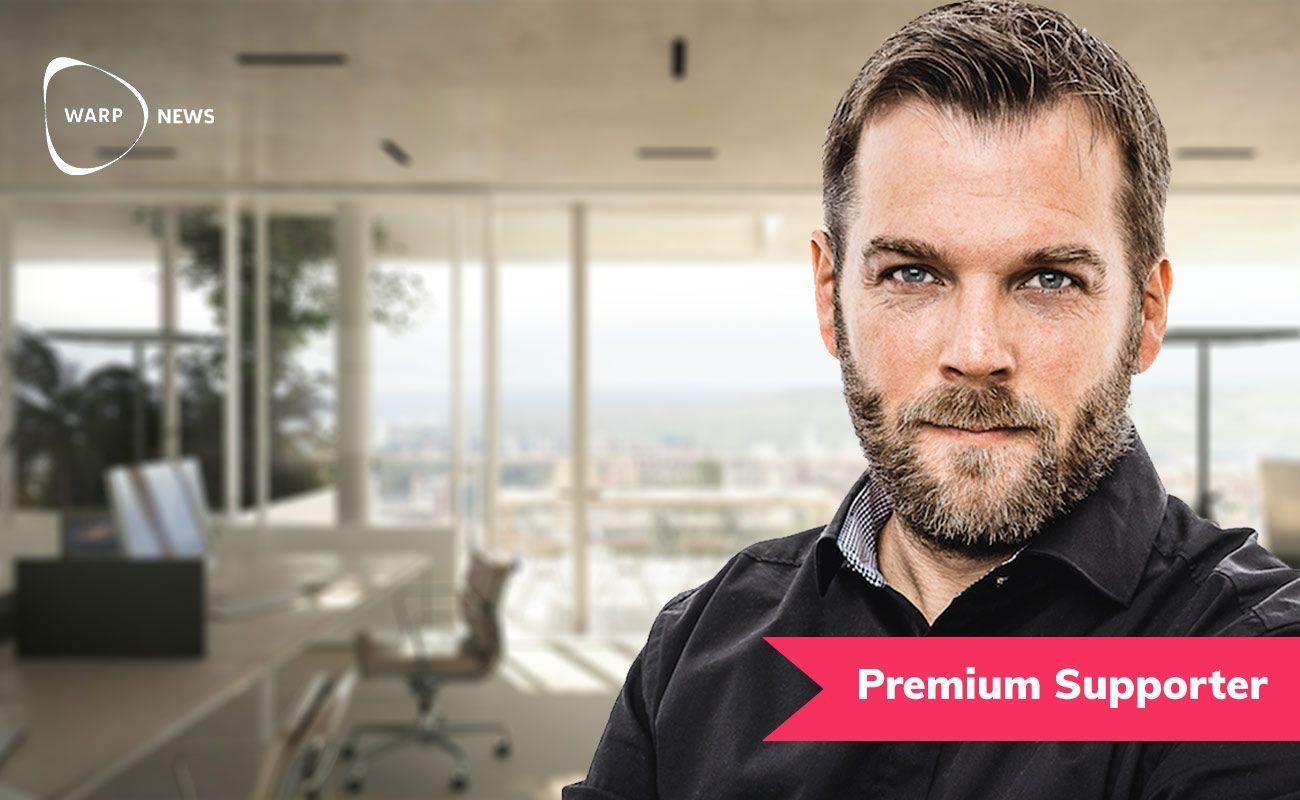
💬 Why we need a new kind of environmental movement
A new movement is needed for all of us who, on a scientific basis, take climate change very seriously but are tired of fear-mongering columns, shame, and doomsday prophecies.
Share this story!
Mankind has a long tradition of predicting doomsday. But fortunately, despite predictions of nuclear war, epidemics, and asteroid strikes, no one has been right so far.
Now, in 2021, when, despite the pandemic, we have a historically long life expectancy, low child mortality, few dying in natural disasters, a record number of children in school, and record low poverty in the world, competition has intensified over who predicts the darkest future.
In a tone that has long since passed the falsetto stage, we have in recent years been bombarded by headlines that our entire civilization is on its way down to the abyss.
"We only have ten years to save the climate," said Swedish former climate minister Isabella Lövin, in the Swedish Society for Nature Conservation's membership magazine Sveriges Natur. "We have five years to avoid the catastrophe," wrote Alice Bah Kuhnke, Pär Holmgren, and Rebecka Le Moine, all from the Swedish Green Party, in Expressen.
On the cultural pages of Sweden's most prominent news outlets, Björn Wiman and Jens Liljestrand go neck to neck in anxiety over the world's imminent doom. "The whole modern civilization is one big metaphorical bonfire. We dry out the big forests and then set them on fire", writes the former, while the other speculates that it is "unlikely that my child will be allowed to live on a planet that is at all habitable."
With shame, guilt, and anxiety as the driving force, evening newspapers and broadcasts across the globe have drummed in the solution to stop flying, stop consuming and stop having children.
But that is no solution. That is the lack of a solution. It is capitulation, resignation, and regression.
The reason is that alarmism is not interested in solutions, as they undermine alarmism itself.
Darkness and anxiety are supposed to make us react and realize the danger. This time it may be a serious situation, and we can not risk anything when our living environment is at stake.
The problem is that doomsday rhetoric does not work, regardless of the veracity.
The Swedish Green Party has made two lousy elections, and with 3.0 percent in the latest poll by Aftonbladet and Demoskop, the party has the weakest support in the survey in 16 years.
With more than 200,000 members, the Swedish Society for Nature Conservation has had weak growth in recent years, even though an entire family can become members for roughly the same price as an adult. It's despite the fact that the issue has been high on the agenda during the same period and that people are more committed than ever to climate and sustainability.
The problem, according to Norwegian psychologist and economist Per Espen Stoknes, is that doomsday threats and guilt paralyze rather than change. People are getting fed up with constant crisis and moralizing.
Therefore, a new climate movement is needed that focuses exclusively on possibilities and solutions, not shame and fear: A movement with a vision of a better society, which we have already begun to build on, where we jointly increase the construction pace. This is driven by an enormously powerful technological development that in its wake changes behaviors and societies fundamentally for the better. It is driven by commitment, willingness to change and curiosity.
This new movement is for all of us who, on a scientific basis, take climate change very seriously but are tired of fear-mongering columns, shame and doomsday prophecies. Instead, we see the societal changes that are already taking place, driven by digitization, electrification, and automation, as a huge opportunity to transition to something better.
As Wired founder Kevin Kelly puts it:
"We should be optimistic not because our problems are smaller than we thought, but because our capacity to solve them is larger than we thought."
Between the doomsday prophets and the denial that mankind affects the Earth's climate, I am convinced that there are many people who want to commit to a sustainable and bright future. This is a large and active group that sees the societal changes we must make as something positive and a chance to change for the better.
Anyone who can find a way to engage this group can create and pave the way to a bright future – a new major environmental movement free from shame, guilt, and threats of doomsday.
Read the opinion piece "Do not spread the image that it is too late to save the climate" published in Swedish in Dagens Nyheter. "Equating the risks of climate change with the doom of mankind is not constructive and lacks scientific support," write prominent researchers, including Thorsten Mauritsen and Deliang Chen, two of the lead authors of the latest report from the UN's IPCC climate panel.
Read more about Per Espen Stoknes's book, "What We Think About When We Try Not To Think About Global Warming: Toward a New Psychology of Climate Action", at Goodreads.
By becoming a premium supporter, you help in the creation and sharing of fact-based optimistic news all over the world.


